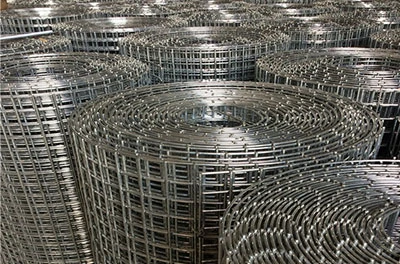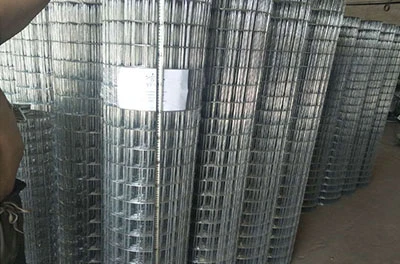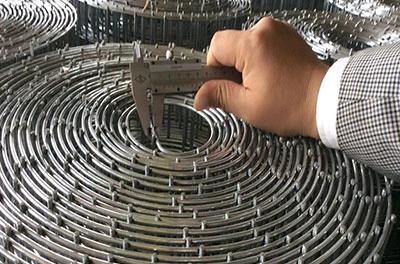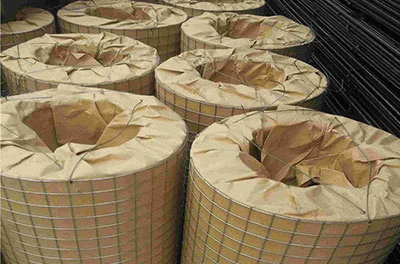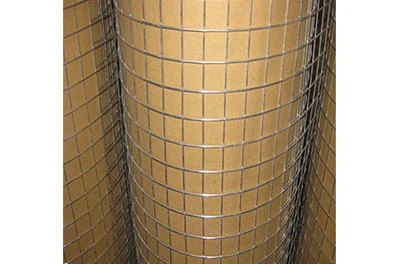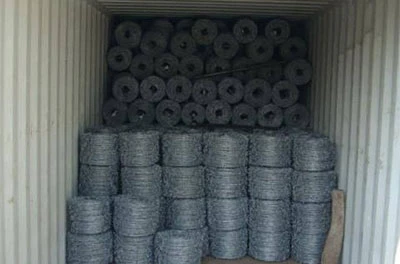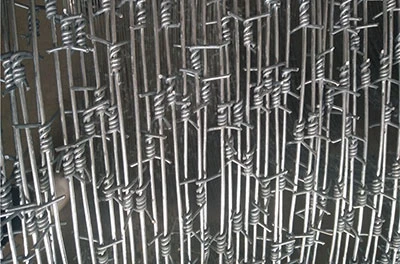Jan . 10, 2025 12:59 Back to list
aluminum grating for sale


The choice of gratings also extends to their design and finish. Gratings must meet specific design criteria tailored to application requirements. The mesh size, for instance, affects slip resistance and load-bearing capacity, where smaller mesh sizes can support lighter loads and enhance slip-resistant properties. Meanwhile, surface finishes – such as serrated edges – are designed to improve traction, an important consideration for safety in wet or oily environments. Purchasing gratings requires consultation with experts proficient in various applications and industry standards. Experienced professionals will assess the necessary specifications and ensure compliance with safety and building codes. This expertise ensures that each installation not only meets operational needs but also adheres to all necessary regulatory requirements. When exploring gratings for sale, businesses must partner with vendors and manufacturers who demonstrate strong principles of trustworthiness. It is important to look for certifications that assure quality and authenticity, such as ISO certification. Moreover, established vendors often provide comprehensive warranties, reflecting their confidence in the durability and quality of their products. In conclusion, gratings form an indispensable component of structural applications across numerous industries due to their versatility and performance. By prioritizing high-quality materials, manufacturing methods, and expert consultation, businesses can ensure reliable and efficient results. Understanding these aspects aids in making informed purchasing decisions, elevating the quality and safety of industrial and commercial constructions. As the market for gratings continues to grow, the emphasis on expertise, authority, and trustworthiness will remain paramount, enhancing both the purchasing experience and the strategic value of these essential products.
Latest News
-
Brick Mesh Wall Solutions | Enhanced by GPT-4 Turbo Design
NewsAug.01,2025
-
Premium Anti-Climb Fence Spikes for Sale
NewsAug.01,2025
-
Premium Peach Post Fence | Durable & Stylish Security
NewsJul.31,2025
-
Best Galvanized Grating Price - Durable Galvanized Steel Grating Solutions
NewsJul.30,2025
-
0.5-4.0mm Wire 2×2 4×4 8×8 Hot Dipped Galvanized Welded Mesh Roll
NewsJul.30,2025
-
Metal Fence Pickets for Sale – Durable Galvanized & Steel Options
NewsJul.29,2025
Our company owns has excellent CAD steel grating drawing designers, who can provide customers with perfect steel grating layout design and better meet customers' special requirements for products. We have been adhering to it the business tenet of "quality first, customer first", with high-quality products, reasonable prices, and the fastest delivery time, we wholeheartedly provide customers with a full range of services! Welcome new and old customers to cooperate sincerely and create brilliance together!
Contact Us
WELCOME TO OUR COMPANY!
Thank you for your interest in our services! If you have any questions or wousld like to book a service, please don’t hesitate to contact us. Our team is dedicated to providing you with the highest level of service and support, and we are committed to working with you to make your event a success.

Service Email

Service Phone
Product Center
Contact Us
- Phone: +86 +86 15733154345
- E-mail: sales@chengsenchina.com
- Address: B1213 GLOBAL CENTER, NO.226 ZHONGHUA NORTH STREET, SHIJIAHUANG, CHINA


